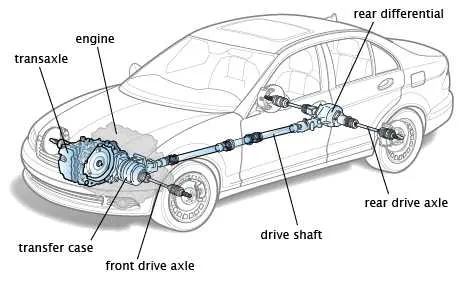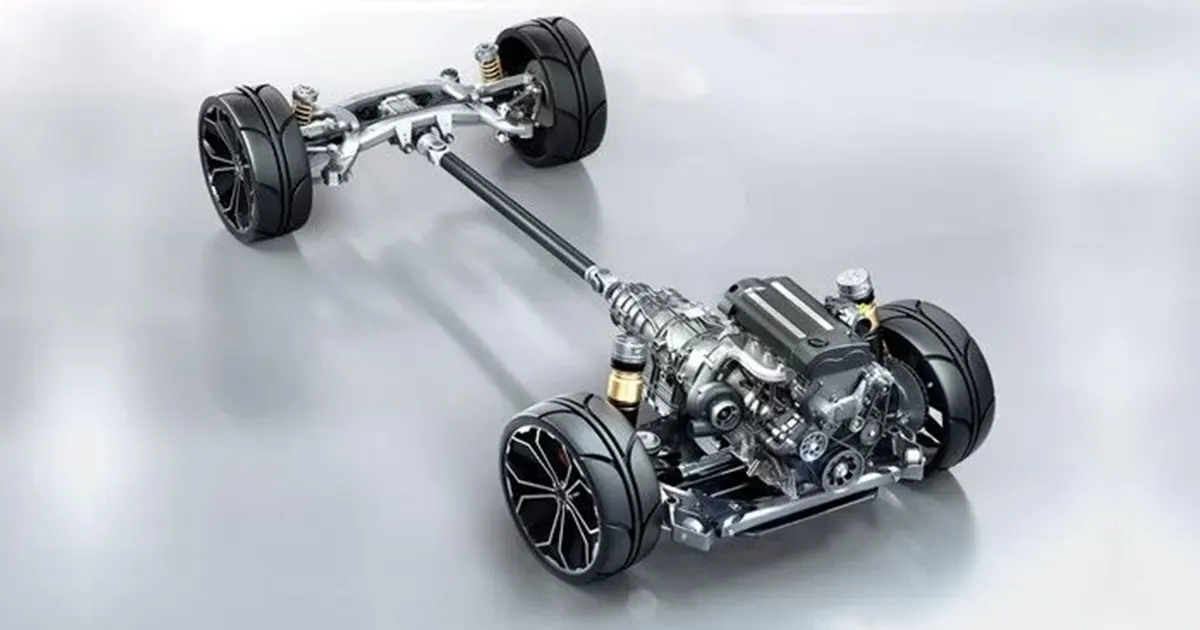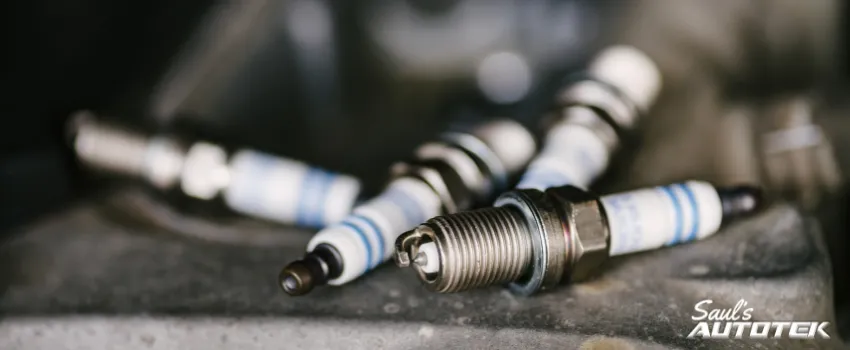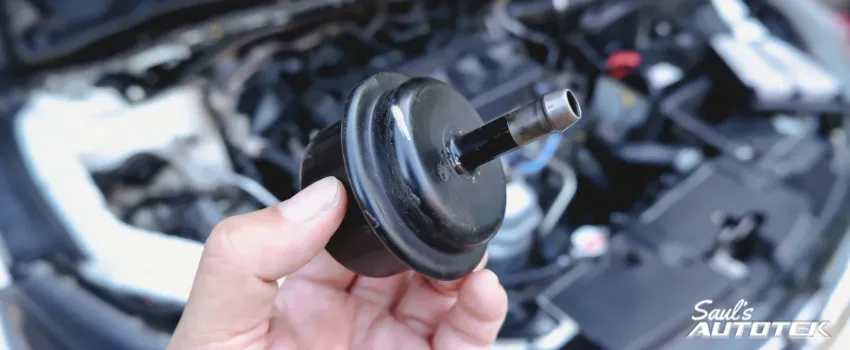If you’re like most people, you don’t think about drivetrains until something goes wrong. And when something does go wrong, it’s not always easy to know what the problem is. In this article, we will discuss the different types of drivetrains and what can go wrong with them. We’ll also provide tips for how to maintain your drivetrain and keep it in good condition.
Drivetrains are the system of components that deliver power from the engine to the wheels. The drivetrain includes the transmission, driveshaft, axles, and differentials. There are two main types of drivetrains: front-wheel drive and rear-wheel drive.

Front-wheel drive is the most common type of drivetrain. In a front-wheel drive car, power is delivered to the wheels through a shaft that runs along the length of the vehicle. A front-wheel drive car typically has better traction in slippery conditions because weight is evenly distributed over all four wheels. However, front-wheel drive cars can be more difficult to control in tight turns or at high speeds.
Rear-wheel drive is less common than front-wheel drive, but it is often preferred by performance enthusiasts. In a rear-wheel drive car, power is delivered to the wheels through a shaft that runs along the length of the vehicle. A rear-wheel drive car typically has better traction in slippery conditions because weight is evenly distributed over all four wheels. However, rear-wheel drive cars can be more difficult to control in tight turns or at high speeds.
Common Drivetrain Problems
There are several things that can go wrong with a drivetrain. The most common problem is transmission failure. Transmission problems can be caused by a variety of factors, including wear and tear, overheating, and low fluid levels. If you notice any unusual noises or behaviors coming from your transmission, it’s important to have it checked out by a professional.
Another common drivetrain problem is axle failure. Axles are the parts of the drivetrain that connect the wheels to the car. They are subjected to a lot of stress and can break if they are not properly maintained. If you notice any unusual noises or behaviors coming from your axles, it’s important to have them checked out by a professional.
Drivetrains are complex systems, but there are some things you can do to help keep them in good condition. First, make sure you regularly check and change your transmission fluid according to your manufacturer’s recommendations. Transmission fluid helps cool and lubricate the moving parts inside your transmission, and fresh fluid can help prevent problems before they start.
5 Tips to Ensure Proper Drivetrain Function
- Regularly check your drivetrain fluids and change them according to the manufacturer’s recommendations.
- Make sure you don’t overload your drivetrain by exceeding the weight capacity of your car.
- Avoid driving over potholes or other obstacles that can damage your drivetrain components.
- Keep your car properly aligned and balanced to reduce stress on the drivetrain.
- Have your drivetrain components inspected and serviced regularly by a qualified technician.
If you have any questions or concerns, do not hesitate to reach out to the professionals at Saul’s Autotek.
We are open 7 days a week from 7:00 am to 7:00 pm.
Why Choose Saul’s Autotek?
- ASE-certified Master technicians with over 30 years of experience on staff
- ASE-certified service advisors
- 3-year 36,000-mile parts in labor warranty BUT… Motors, transmissions, and differentials transfer cases are all covered by a 3-year 100,000-mile nationwide warranty!
- Discounts for Senior Citizens, Military & Veterans, First Responders, and Teachers






